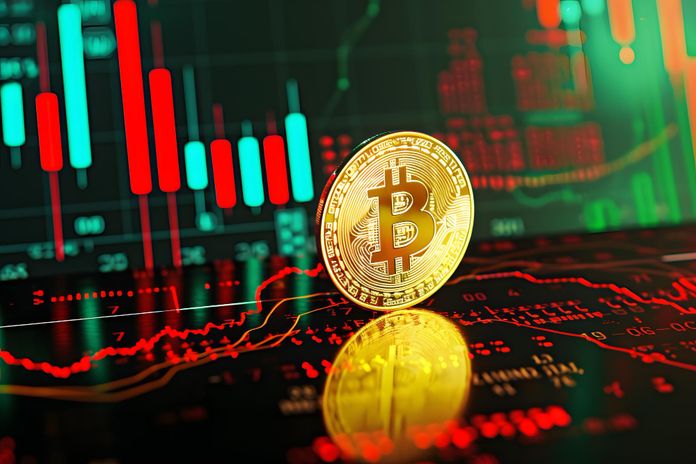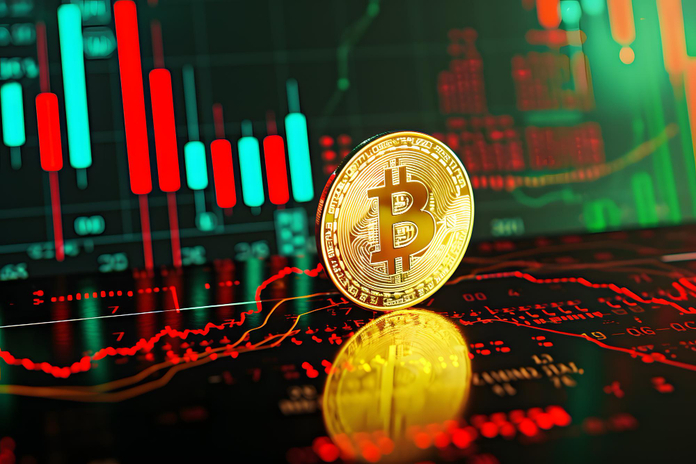DMarket NFTs Surpass Ethereum in Daily Sales

DMarket, a prominent non-fungible token collection on the Mythos network, has made headlines by leading the daily sales charts for the second consecutive day. On Thursday, DMarket reported an impressive $4.48 million in sales, outpacing the combined daily sales volume of all NFTs on the Ethereum blockchain, which totaled $3.9 million. This achievement marks a significant milestone in the NFT space, highlighting DMarket’s growing influence and the increasing popularity of in-game NFTs.
DMarket’s Rise to the Top
DMarket’s NFTs represent in-game items for popular online games such as Counter-Strike and Dota 2. These in-game assets have become highly sought after by gamers and collectors alike, driving the collection’s robust sales figures. Operating on the Mythos blockchain, DMarket has quickly established itself as a leading player in the NFT market, particularly in the gaming sector.
On Thursday, DMarket not only led the Mythos chain but also topped the overall NFT market with $4.48 million in sales, a significant increase from $1.82 million the previous day. This surge in sales underscores the growing demand for gaming-related NFTs and the potential for blockchain technology to revolutionize the gaming industry.
Comparison with Ethereum and Other Blockchains
The NFT market has traditionally been dominated by Ethereum, which has long been the go-to blockchain for NFT creators and collectors. However, DMarket’s recent performance suggests a shift in the landscape, with alternative blockchains like Mythos gaining traction. On the same day that DMarket led the sales charts, Ethereum recorded $3.9 million in NFT sales, falling short of DMarket’s impressive figures.
Other blockchains also played a significant role in the NFT market on Thursday. Bitcoin ranked third in total sales, with $2.90 million, just edging out Solana, which recorded $2.85 million in sales. Solana-based DeGods secured the third position among NFT collections, generating $761,175 in sales, while Immutable’s Guild of Guardians Heroes and Solana’s DogeZuki Collection followed closely with $546,508 and $400,603 in sales, respectively.
The Growing Popularity of Gaming NFTs
DMarket’s success is indicative of a broader trend within the NFT space: the rising popularity of gaming-related NFTs. As more gamers and developers embrace blockchain technology, the market for in-game NFTs is expected to grow significantly. These digital assets offer players the ability to own, trade, and sell unique in-game items, creating new opportunities for monetization and engagement within the gaming community.
Moreover, the increasing sales volume of collections like DMarket highlights the potential for gaming NFTs to outperform traditional NFT markets, such as those centered on digital art and collectibles. As gaming continues to evolve and integrate with blockchain technology, the demand for NFTs representing in-game assets is likely to increase, driving further innovation and growth in the industry.
What This Means for the NFT Market
DMarket’s recent performance has set a new benchmark for the NFT market, demonstrating that alternative blockchains and niche markets, such as gaming, can rival and even surpass established players like Ethereum. This shift could lead to greater diversification within the NFT space, as creators and collectors explore new opportunities across different blockchains.
For investors and enthusiasts, DMarket’s success serves as a reminder of the dynamic nature of the NFT market and the importance of staying informed about emerging trends and platforms. As the market continues to evolve, those who are quick to adapt to new developments may find themselves at the forefront of the next big wave in the NFT space.
Conclusion
DMarket’s ability to outpace Ethereum in daily NFT sales is a testament to the growing importance of gaming NFTs and the potential of alternative blockchains like Mythos. As the NFT market expands and diversifies, DMarket’s success could pave the way for other niche platforms to gain prominence. For now, DMarket’s $4.48 million sales milestone stands as a significant achievement, signaling the increasing demand for gaming-related NFTs and the continued evolution of the blockchain landscape.
Featured Image: Freepik








